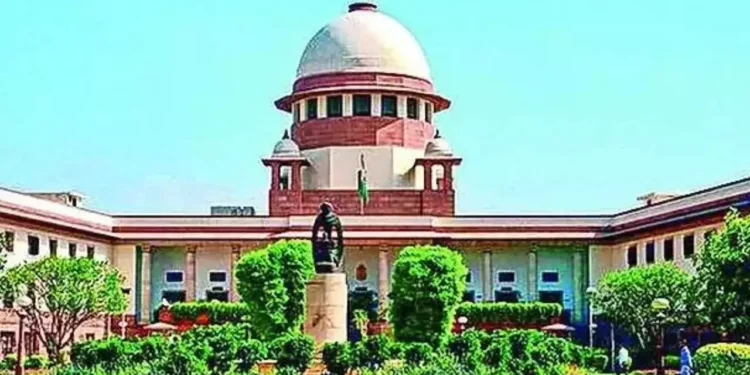Lagatar24 Desk
New Delhi: In a significant ruling today, the Supreme Court clarified that not all privately-owned properties can be deemed community resources for the State to acquire, even if they align with the common good. The judgment came from a nine-judge Constitution bench led by Chief Justice of India DY Chandrachud, which ruled 8-1 in favor of limiting the State’s authority to acquire private property.
Chief Justice Chandrachud’s judgment, supported by six other judges, highlighted that the interpretation of Article 39B of the Constitution—related to the equitable distribution of material resources for the common good—does not extend to all private resources. The Chief Justice remarked that, while community resources could theoretically include private assets, not every privately-owned resource qualifies under this provision.
In her separate concurring judgment, Justice BV Nagarathna supported the ruling but disagreed with Chief Justice Chandrachud’s critique of earlier judicial perspectives. She defended Justice Krishna Iyer’s 1977 minority opinion, which had included private resources as community assets in line with socialist principles in place at the time.
The ruling examines Article 31C, which protects state-made laws fulfilling directive principles of state policy, particularly Article 39B. This provision mandates that resources should serve the public interest and be distributed to best support the common good. However, today’s judgment emphasized that each case involving resource acquisition must be context-specific, considering factors like resource scarcity, impact on the community, and the potential risk of monopolization by private entities.







